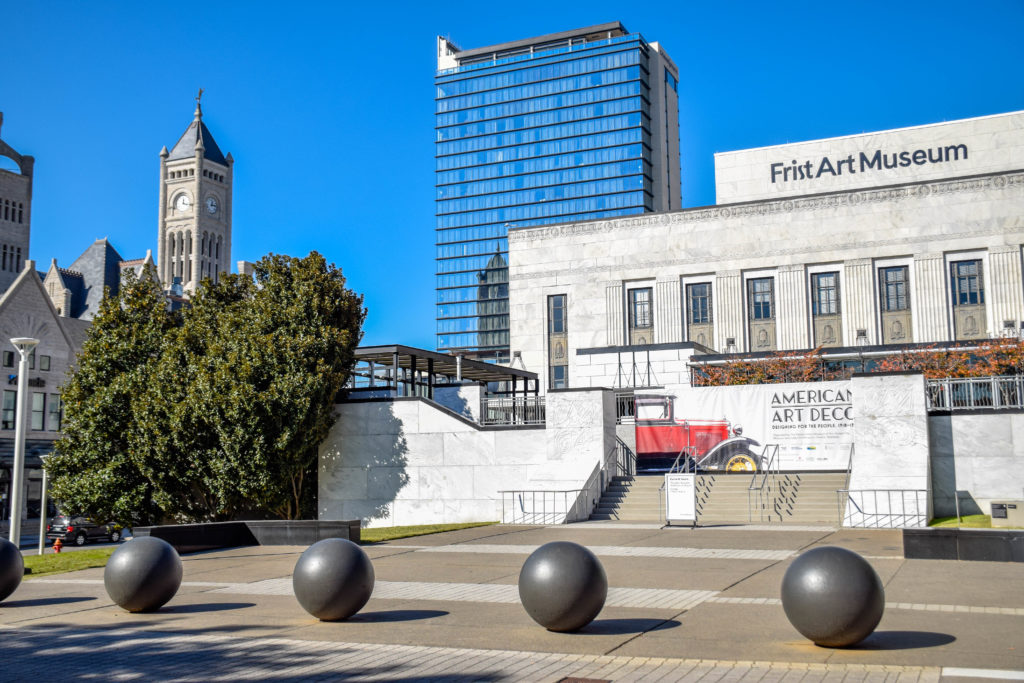
If you could change one thing about Nashville to make it an even better place to live, what would it be?
That’s just one of the questions community leaders want residents to answer in a new survey. It’s a part of “Imagine Nashville” — a citywide initiative asking residents what their ideal city looks like, and then creating a plan to bring it to life.
While the project is just kicking off, it isn’t the first time leaders have turned to residents to guide the city’s growth.
Thirty years ago, a similar project, called “Nashville’s Agenda,” asked residents what they wanted from their city. Out of it, “21 Goals for the 21st Century,” was born.
The project had a significant impact. Keel Hunt, the chair of the Nashville’s Agenda steering committee, remembers then-Mayor Phil Bredesen declaring that “Nashville’s Agenda became my agenda.”
Many of these goals were actualized: the Frist Art Museum, the Housing Fund and some city greenways were inspired by the visioning project.
Dr. Alex Jahangir, who served as head of Metro Nashville’s COVID-19 Task Force and is a professor of orthopeadic surgery at Vanderbilt University Medical Center, credits Nashville’s Agenda for his return to his hometown.
“When I graduated — I grew up here in Nashville — I was so ready to get out of Nashville,” Jahangir says. “The foundation that the individuals in ‘93 came up with is what led me to come back.”
Not only did it inspire his return to the city, but it also drew him to today’s effort: Jahangir is one of three co-chairs of the Imagine Nashville steering committee. He is serving alongside Renata Soto, the founder of Mosaic Changemakers, and John Faison Sr., the senior pastor of Watson Grove Baptist Church.
Jahangir signed on last spring and began assembling a group that could represent the varied communities of Nashville. It was a difficult process — one that Jahangir likens to a “fantasy football draft.”
Eventually, the 23-person steering committee was established. It’s made up of judges, faith leaders, business owners, nonprofit directors — all working to represent their corner of Nashville.
Grace Sutherland Smith, a member with the organization AgeWell Middle Tennessee, says it was important to her that older residents — who “feel forgotten a lot of the time” — were considered in the process.
“I felt a real sense of responsibility to be at the table to make sure that older residents are remembered and engaged in this process as much as all the others,” Sutherland Smith says.
Hearing those “forgotten” perspectives is a crucial part of Imagine Nashville. At the end of the day, the project is community-led and will be community-executed. Imagine Nashville has no formal relationship with Metro, and it is not backed any one entity. Rather, its funding comes from universities and foundations across the city.
“We are not going into this with an expectation that the government is going to be the answer for the values and the actions we see,” Jahangir says. “But that is hopefully something that will happen because, if we do our job right, our leaders will see that this is the true voice of the people.”
Right now, the steering committee is focused on getting the survey to as many residents as possible. It can be filled out at libraries, YMCAs, or online.
After the survey closes Thanksgiving weekend, the steering committee plans to hold a series of meetings to create an “actionable plan” based on the priorities shared by Nashvillians. Imagine Nashville aims to have this plan completed by the end of the spring.

